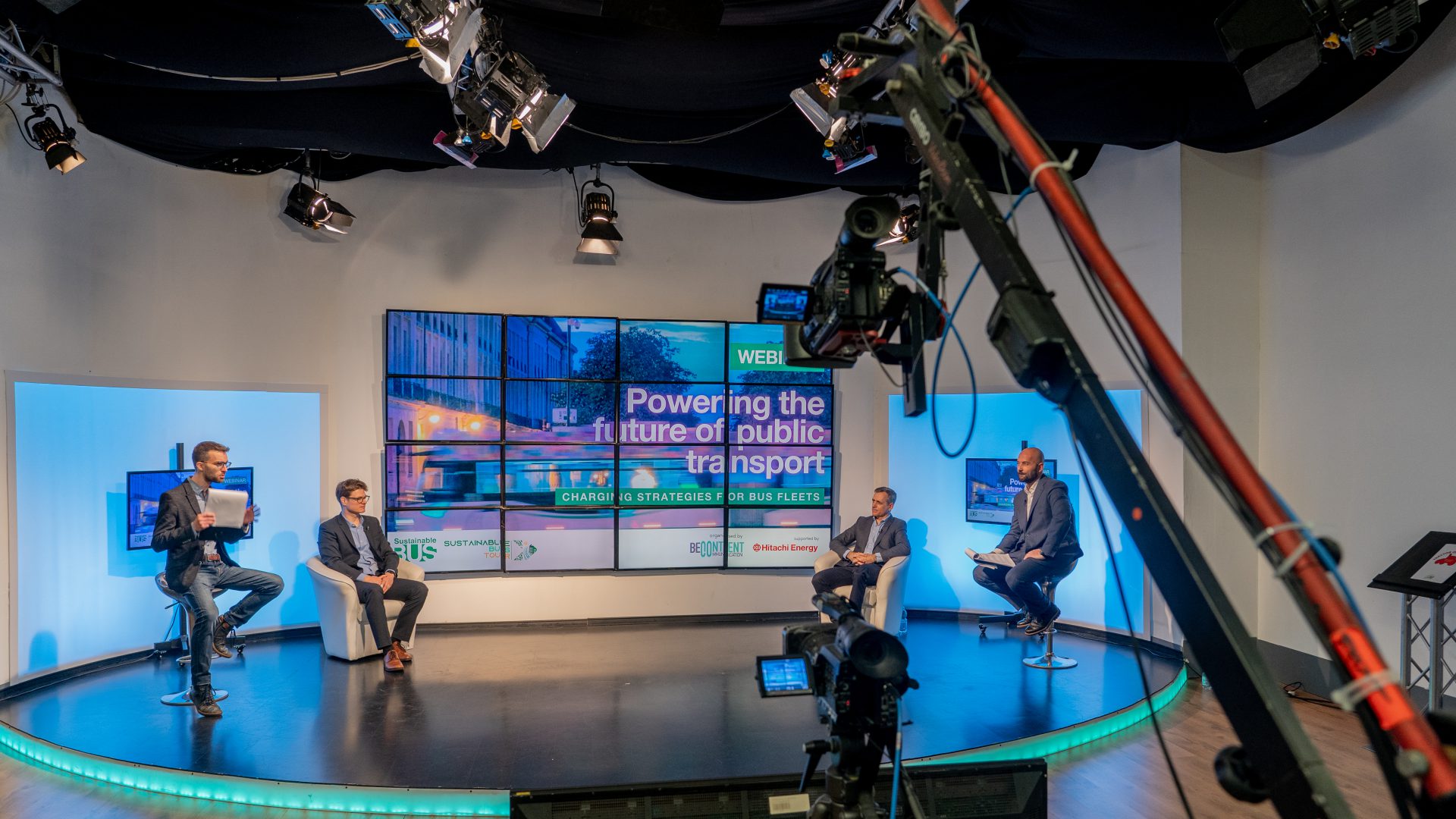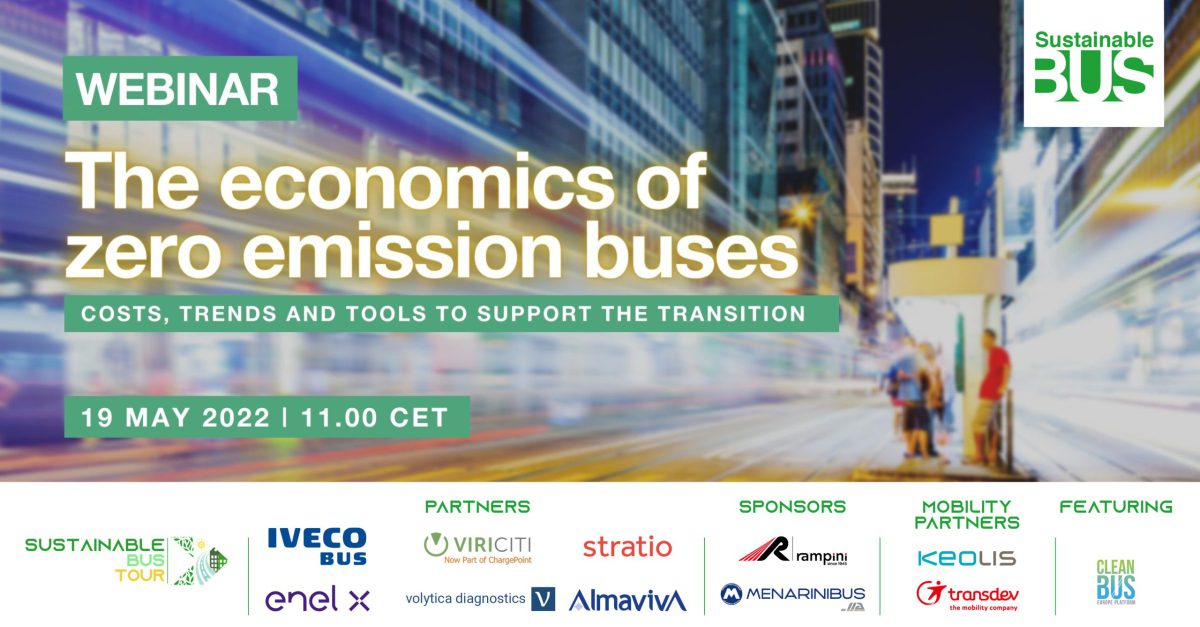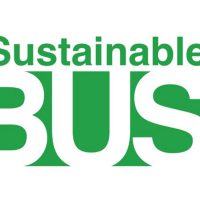

Webinar
The economics of zero emission buses. Costs, trends and tools to support the transition
May 19th 2022
–
Days
–
Hours
–
Minutes
–
Seconds
The economics of zero emission buses. Costs, trends and tools to support the transition
E-bus upfront prices are among the barriers for their adoption. As zero emission bus volumes grow in Europe, the spotlight moves on the ways to make the transition affordable, and how to finance it.
Which is the breakeven point on a TCO basis between electric and diesel buses? To what extent maintenance costs are going to be lower? How decrease in battery prices will impact zero emission bus costs, as BloombergNEF finds lithium-ion battery prices fell 6% from 2020 to 2021 (89% between 2010 and 2021)
Fundings has been provided by the EU and national governments, as the path for zero emission in public transport has been set. Technical issues have been left behind, financial issues are still in place. A look at best practices, outlooks and analysis, trying to outline challenges and opportunities.


Tom Cunnington
Head of Bus Business Development, Transport for London

Josep Maria Armengol
Director of Bus Technology, TMB Barcelona

Arno Kerkhof
Head of Bus Unit, UITP

Claudius Jehle
CEO, Volytica Diagnostics

Jean-Marc Boucheret
Sustainable Mobility Manager, Iveco Bus

Oliviero Baccelli
Academic Fellow Department of Social and Political Sciences, Bocconi University

Alexander Schabert
Senior Director Global Bus Sales, ChargePoint

Miguel Franco
VP Business Development, Stratio

Valerio Vadacchino
Head of eBus Global e-City, Enel X
The framework
European countries have witnessed the entry in operation of over 3,000 e-buses in 2021 (+50 percent on 2020). E-buses last year accounted for over 20% of the city bus market (21.7, being specific). It means a constant growth compared to the 12% in 2019 and 15% in 2020.
The 2021 share of e-buses is in line with the 22.5% of zero emission buses mandatory in public tenders in Western European countries (as decided upon the EU Clean Vehicle Directive). On the other side of the Atlantic Ocean, Zero emission bus deployment in the US has been growing 27% in 2021.
A third of the 200,000 buses in European public transport will be zero-emission by 2030, reads a recent report by financial consulting company ING. In that year, according to the firm, zero emission buses will cover two thirds of the new city bus registrations.

The Agenda
Opening and introduction
Speaker
Sustainable Bus

Scenarios and prospects for electrification of public road transport
Oliviero Baccelli
Academic Fellow Department of Social and Political Sciences, Bocconi University

TCO aspects to be considered within bus fleets’ electrification
Arno Kerkhof
Head of Bus Unit, UITP

London on the way to a full electric public transport system
Tom Cunnington
Head of Bus Business Development, Transport for London

TCO models and financing schemes in Barcelona
Josep Maria Armengol
Director of Bus Technology, TMB Barcelona

The rise of alternative drives and the manufacturer’s roadmap
Jean-Marc Boucheret
Sustainable Mobility Manager, Iveco Bus

The software ecosystem around an e-bus fleet
Alexander Schabert
Senior Director Global Bus Sales, ChargePoint

Energy supply, charging infrastructures, financing partner
Valerio Vadacchino
Head of eBus Global e-City, Enel X

Monitoring batteries to improve bus performances
Claudius Jehle
CEO, Volytica Diagnostics

Predictive maintenance: scenarios of a crucial sector
Miguel Franco
VP Business Development, Stratio

Sign up
“The economics of zero emission buses. Costs, trends and tools to support the transition” is the first event of the Sustainable Bus Tour 2022.
Questions? Don’t hesitate to contact us at info@sustainable-bus.com


